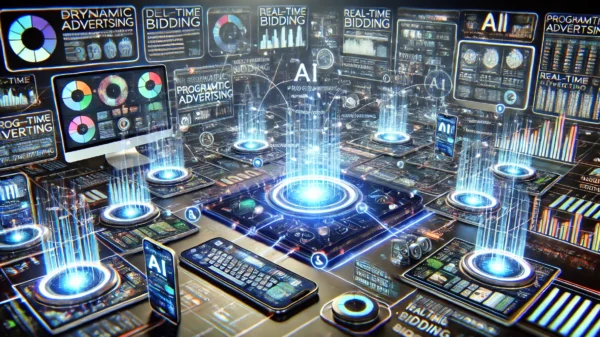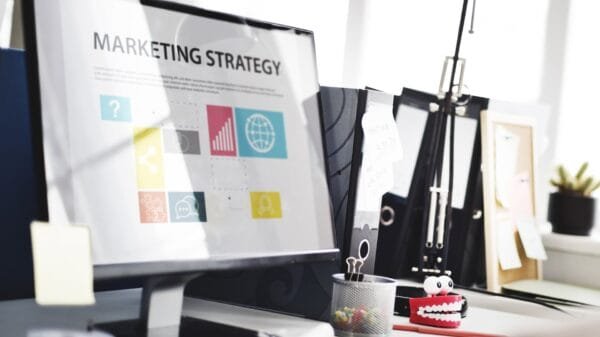Mobile Computing in Healthcare: The Latest Tech Advancements
Mobile computing has revolutionized various industries, and healthcare is no exception. The integration of mobile devices and applications has significantly transformed the way healthcare professionals deliver care and interact with patients. In this article, we will explore the latest tech advancements in mobile computing in the healthcare sector.
1. Telemedicine and Remote Patient Monitoring
Telemedicine has gained immense popularity in recent years, allowing patients to receive medical consultations remotely. Mobile computing has played a crucial role in making telemedicine accessible and convenient for both patients and healthcare providers. Through mobile apps and video conferencing platforms, patients can connect with doctors, discuss their symptoms, and receive medical advice without the need for in-person visits.
Moreover, mobile devices enable remote patient monitoring, which allows healthcare professionals to track patients’ vital signs, such as heart rate, blood pressure, and glucose levels, in real-time. This technology is particularly beneficial for patients with chronic conditions, as it helps in early detection of any abnormalities and timely intervention.
2. Electronic Health Records (EHRs) on the Go
Mobile computing has made accessing electronic health records (EHRs) more convenient for healthcare providers. With the help of mobile apps, doctors and nurses can access patient information, review medical histories, and update records on the go. This seamless access to EHRs improves the efficiency of healthcare delivery, reduces errors, and enhances patient safety.
Furthermore, mobile devices equipped with biometric authentication, such as fingerprint or facial recognition, ensure secure access to sensitive patient data. This feature adds an extra layer of protection and safeguards patient privacy.
3. Health and Wellness Apps
Mobile computing has given rise to a plethora of health and wellness apps that empower individuals to take charge of their own well-being. These apps enable users to track their physical activity, monitor their sleep patterns, manage their diet, and even access mental health resources.
Healthcare professionals can also leverage these apps to provide personalized care plans, offer remote coaching, and monitor their patients’ progress. By encouraging self-care and promoting healthy habits, mobile health apps contribute to preventive healthcare and overall wellness.
4. Augmented Reality (AR) and Virtual Reality (VR) in Medical Training
Mobile computing has paved the way for immersive and interactive medical training through augmented reality (AR) and virtual reality (VR) technologies. Medical students and healthcare professionals can now simulate complex surgical procedures, practice clinical skills, and enhance their diagnostic abilities in a safe and controlled environment.
AR and VR applications also enable collaborative learning, allowing multiple users to participate in virtual medical simulations and share their expertise. This technology has the potential to revolutionize medical education and enhance the skills of healthcare professionals.
In conclusion, mobile computing has revolutionized the healthcare industry, enabling telemedicine, remote patient monitoring, access to electronic health records, and the development of health and wellness apps. Additionally, augmented reality and virtual reality technologies have transformed medical training. The continuous advancements in mobile computing promise a future where healthcare delivery is more efficient, accessible, and patient-centered.


































